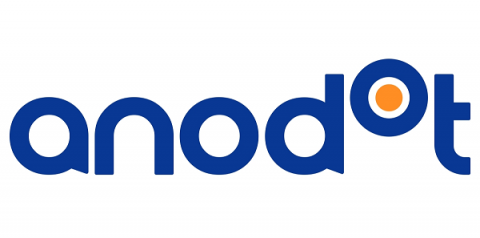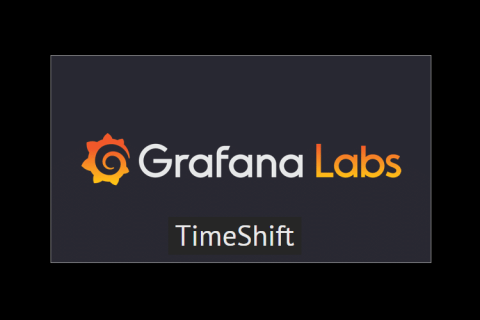Operations | Monitoring | ITSM | DevOps | Cloud
Analytics
The True Cost of "Search-First" Problem-solving on Your Production Systems
The search-first problem-solving approach—meaning “open up the log search tool” (Splunk, ELK, Loggly, SumoLogic, Scalyr, etc)—is a costly and time-consuming operation during which the true source of a problem is rarely pinpointed in short order. Log search tools require work by the user to transform text strings into fields that are ready for statistical analysis.
Log File Parsing
What is log file parsing and how does structuring your logs affect parsing efficiency? Learn the difference between structured and unstructured logs, the basics of the JSON log format, what kind of information you can get when you parse log files, and which tools and utilities to use to perform log file parsing.
IT analytics in 90 seconds: Complying with project targets
How to Stay Ahead of Data Retention Requirements - Part 2
In part 1 of this series, we tried to outline what data retention is and why it is needed to overcome increasing requirements for various regulatory standards. As detailed, there are some clear guidelines for organizations to take what we called a “data retention approach for compliance”. In this follow up post, outline some specific technological and procedural challenges you might face as well as some practical guidelines and strategies to overcome them.
Machine Learning Driven Analytics For Smarter IT Operations -- a Panel Discussion
3 Ways Malcolm Gladwell's 'Outliers' Anticipated the Value of Real-Time Anomaly Detection
Having just passed the 10-year anniversary of Malcolm Gladwell’s bestseller “Outliers: The Story of Success“, we thought to mark the occasion by taking a look at outliers and how they relate to success in the business world. Gladwell describes outliers as “those [people] who have been given opportunities — and who have had the strength and presence of mind to seize them.” At Anodot, we’ve also made it our mission to spot outliers, albeit of the data variety.
Centralized Logging - Knowing When Less is More
A lot of firms collect massive amounts of data every day (up to billions of events) to improve their security efforts, enhance their business intelligence, and refine their marketing strategies. Their log storage drives are so big that some of them even brag about the size, to show their public and clients how advanced their technologies are.
Use Case Focused Elasticsearch Online Training Classes to Fit Your Exact Needs
We’ve been working with Elasticsearch since its inception, either with clients on consulting for Elasticsearch products and Elasticsearch production support, or by building our own hosted log management solution. For the last 4 years, we’ve also been sharing our knowledge through Elasticsearch training classes. In 2018, we had remote public training classes on a fixed quarterly schedule, so you can more easily plan your learning time and budget.
timeShift(GrafanaBuzz, 1w) Issue 75
We’ve been busy updating the GrafanaCon LA website, with additional speakers and are adding more every day, so please stay tuned. Don’t miss your chance to get your ticket. We also have tons of plugin updates to share this week and 2 brand new plugins to check out.










